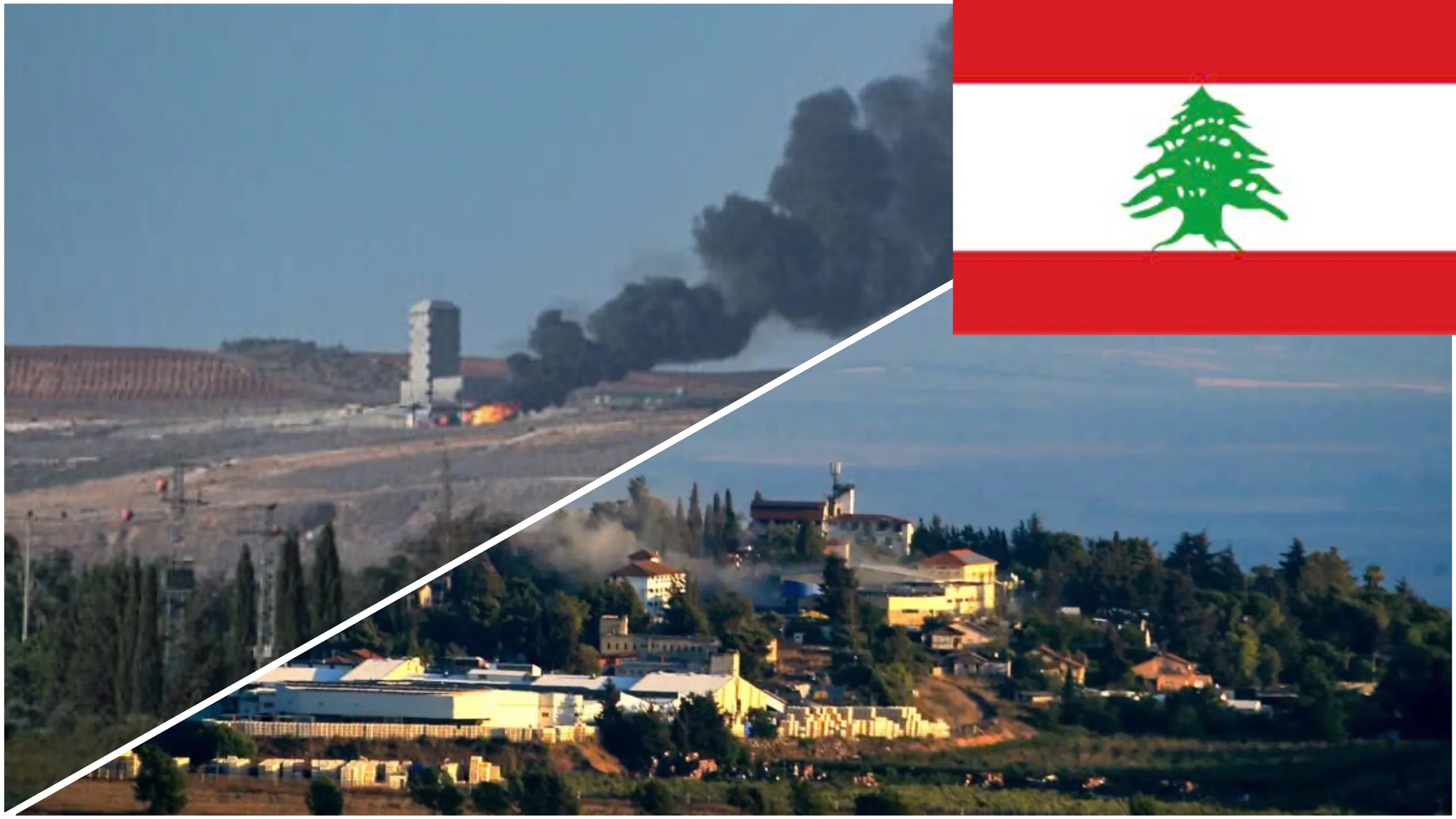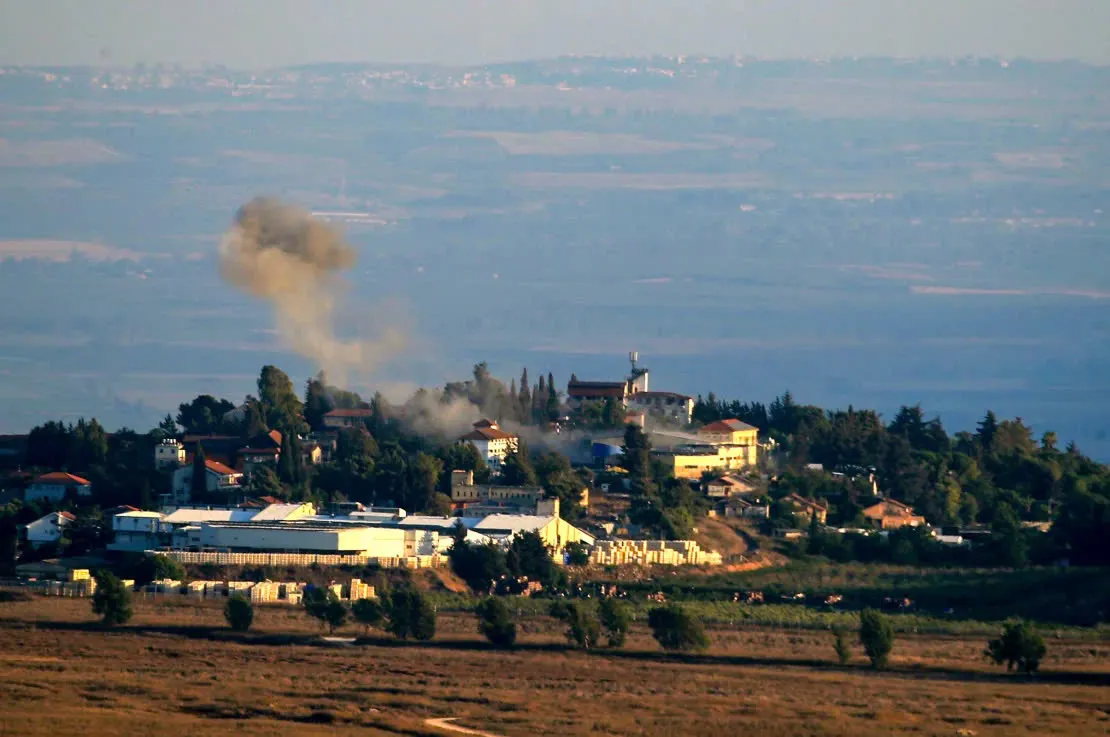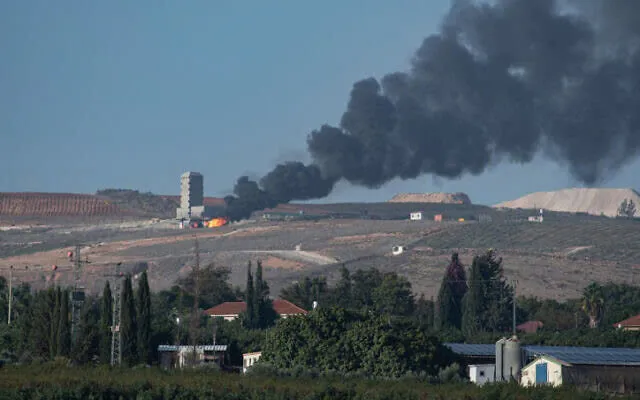
Several countries including the US, UK and France have issued urgent warnings urging their citizens to leave Lebanon immediately, sparking fears of a conflict in the Middle East. Tensions are rising, with many worried about the prospect of a large-scale crisis that could threaten not only Lebanon but the entire region.

The warnings come after the US announced it would send more warships to the Middle East. The US embassy in Lebanon has urged citizens to book “any available ticket”. In a message to British citizens, Foreign Secretary David Lammy advised “leave now”.
France and Jordan have asked their citizens to arrange to leave Lebanon “as soon as possible”. Meanwhile, Turkey has updated its travel advice for Lebanon, urging those who do not need to be in the country to leave while commercial flights are still operating.
Air France, Lufthansa and Kuwaiti Airlines have all canceled flights to and from Lebanon, while others have diverted planes away from the country.
CNN reported today (August 5) that the Middle East is on high alert after Iran announced it would retaliate against Israel for its involvement in the assassination of Hamas political leader Ismail Haniyeh. Hours before the assassination, Hezbollah’s top military commander Fu’ad Shukr was also killed in an Israeli airstrike on the Lebanese capital Beirut.
According to Iran’s state news agency (IRNA), Jordanian Foreign Minister Ayman Safadi arrived in Iran on August 4 to “meet and exchange views with Iranian officials on bilateral, regional and international issues”.
The developments have raised concerns that the conflict in Gaza, now in its ninth month, could spill over into a full-blown conflict in the Middle East.

The Lebanon-Israel border area is a frequent scene of fighting between Hezbollah and the Israeli army. Photo: Times of Israel
Hezbollah in Lebanon could play a prominent role in any retaliation against Israel. Since the Gaza conflict began, fighting between the Iran-backed movement and the Israeli army has occurred almost daily along the border. On the night of August 3, Hezbollah launched dozens of rockets into northern Israel, most of which were intercepted by the Iron Dome air defense system.
The Middle East is on the brink of retaliation from Iran, as the US has decided to deploy an aircraft carrier strike group, a squadron of fighter jets and more warships to the region.
This is considered the largest deployment of US forces to the Middle East since the conflict between Israel and Hamas broke out in Gaza. White House Deputy National Security Adviser John Finer has said the US and Israel are preparing for all possible scenarios, after the Pentagon increased its military presence. The situation is becoming more tense than ever.
“We and our Israeli allies are preparing for all possibilities. All adjustments are being made to prepare for a potential response against Israel from Iran,” CNN quoted Finer as saying.
US Secretary of State Antony Blinken also discussed with his counterparts from the Group of Seven (G7) countries about “the urgent need to de-escalate the situation in the Middle East.”
The US State Department has just announced that Secretary of State Antony Blinken had an important discussion with other foreign ministers about ongoing efforts to achieve a ceasefire. The goal is to secure the release of hostages held by Hamas and facilitate the delivery of humanitarian aid to Gaza. The officials also stressed their commitment to Israel’s security and called on “all parties to exercise maximum restraint” to prevent the spread of conflict in the Middle East, amid increasingly tense situations.



